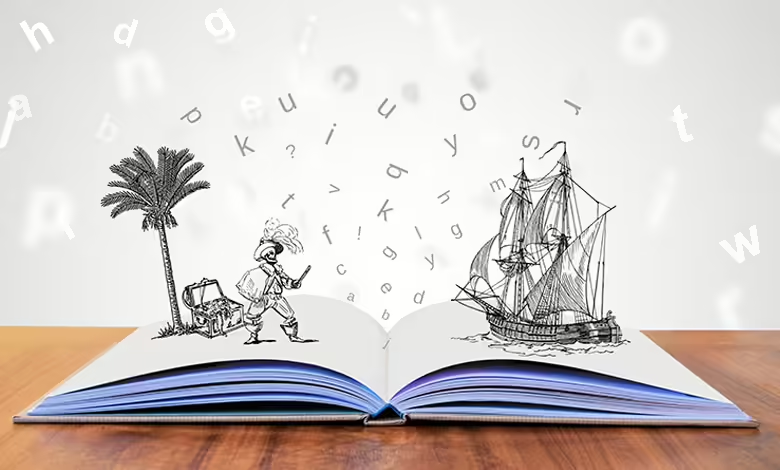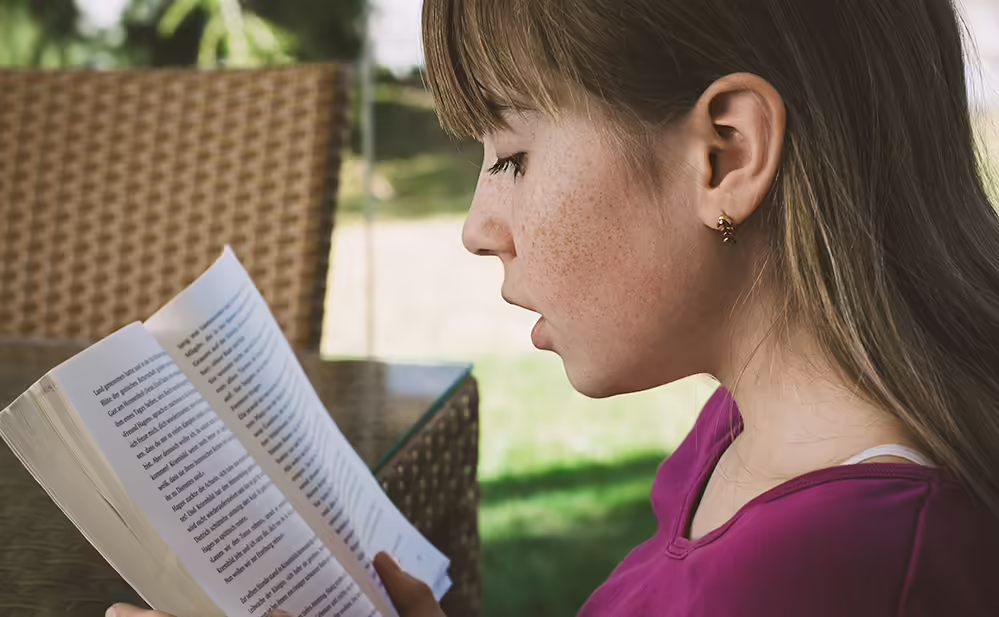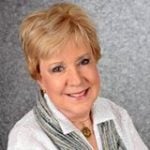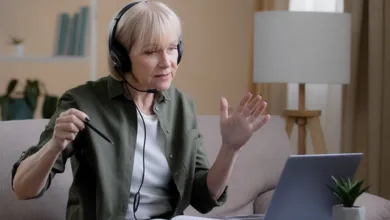A Life in Books

Anyone who has studied the English language over a lifetime accumulates a lot of books. They are a linear measurement of knowledge gained over time with boundless pleasant memories between the covers. Time spent with a book is always well-spent.
As a child, I was surrounded by books. Many still resonate years later. “The House the Pecks Built” describes a family that started with a one-room house and built additions one room at a time until the length of the house was extended by miles. Besides the kitchen and living rooms, Mr. and Mrs. Peck and their two children each had their own rooms, plus extra wings for hobbies and entertainment. The illustration of Mrs. Peck on roller skates, traveling the length of the house while sweeping the floors, is still vivid. As a youngster, I learned that more is not necessarily better. The Peck family finally decided they preferred the coziness of the tiny house and tore the rest down.
I also learned that the truth can be bent to make a good story. “Mr. Revere and I” is a children’s book about Paul Revere as told by his horse, Scheherazade, who galloped from Boston to Lexington and Concord in 1775 to deliver the news: “The British are coming!” As an adult, I read that the horse Revere rode that night was borrowed from a Charlestown physician and subsequently confiscated by the British later that night. Robert Lawson’s version of the story is captivating for children. It does reveal, however, that children’s versions are often embellished.
Over a lifetime, my library has grown exponentially. It contains childhood books, reference books, novels, biographies, plays, poetry, and anthologies. I have walls decorated in books. Moving them is arduous; sorting them is worse. There are a lot of them, and sometimes I must decide what to cull: donate, give away, or toss. The latter is like sending an old friend on its way.

I like to hold a book in my hand, turn the pages, and feel its weight on my lap. It’s easy to see my progress and even to sneak a peek at the final pages if I want. Sometimes I know exactly the person who needs to read a book next and give it away. This is a personal connection like no other.
I liked reading so much as a youth that I joined that August group Garrison Keillor calls the “Professional Organization of English Majors.” We studied not only the mechanics of the language but also content and style. Bacon, Shakespeare, Chaucer, Blake, Austen, Twain, Hemingway — these writers are the masters of our language. As we read, we learned to critique and to write. I am forever grateful for this period of education for teaching me how to be a life-long learner and writer. It still astounds me how many individuals I have worked with over the years who have had such minimal literacy skills. They read little and could not write well. Spell-check was invented for them.
There used to be more of us. Majoring in English seems to be passe these days. Education has become like cable television — “sliver casting.” We have gone from a general audience nation to tiny groups of people who prefer specific kinds of entertainment. We used to value general knowledge, which enabled us to borrow ideas from one area and apply them to another distinct area to create something new (think Steve Jobs transferring his college class in calligraphy to Apple design). Now, education seems to be focused on specific, primarily scientific directions. Liberal Arts is getting short shrift. AI is now a substitute for creative expression; text messages are mainly abbreviations.
As I look at my walls of books, they are at once friendly and intimidating. Here are my memories. Several have yet to be read, and even more have yet to arrive.
While it concerns me that we are losing something in today’s language skills, it is reassuring that my grandchildren are all good readers who enjoy not wasting their time with a good book in their hands.






